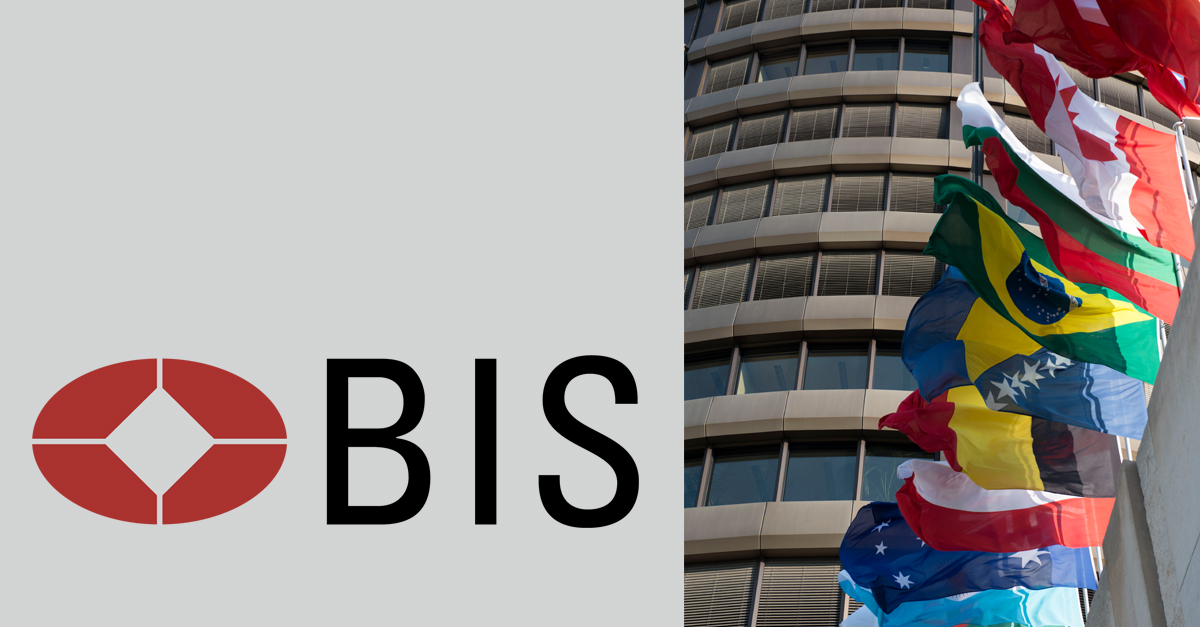From Grok:
The "Mar-a-Lago Accord" is not an officially documented agreement with a single, definitive original source citation like historical accords such as the Plaza Accord or Bretton Woods Agreement. Rather, it appears to be a speculative concept or term coined by analysts, commentators, and financial experts to describe a potential economic strategy associated with Donald Trump’s administration, particularly in his second term starting in 2025. It is often framed as a hypothetical plan to restructure U.S. debt, weaken the dollar, or reset the global financial system, drawing parallels to past international monetary agreements.
Based on available information, the term has been popularized in discussions by figures like Jim Bianco of Bianco Research, who has described it as a "concept" rather than a literal event tied to a specific document or meeting at Mar-a-Lago. For instance, Bianco’s discussions, as noted in sources like Bloomberg and MacroVoices in February 2025, suggest it encapsulates ideas from Trump’s economic team, including tariffs, debt restructuring, and dollar devaluation—ideas partly traced to a November 2024 paper by Stephen Miran, Trump’s nominee for the White House Council of Economic Advisers. That paper, titled "A User’s Guide to Restructuring the Global Trading System," outlines strategies to address dollar overvaluation and reform global trade, but it does not explicitly use the term "Mar-a-Lago Accord" or present itself as an official accord document.
Other sources, such as commentaries on Substack (e.g., by JD Breen or Anthony Pompliano) and financial analyses from outlets like Forbes and ZeroHedge, further speculate on this concept, often linking it to Trump’s broader economic rhetoric and actions like imposing tariffs or leveraging gold reserves. However, no primary source—such as a signed agreement, government press release, or official transcript from a meeting at Mar-a-Lago—has been identified as the "original" citation. The term seems to have emerged organically in financial discourse around late 2024 and early 2025, inspired by Trump’s estate and historical naming conventions for economic pacts.
Critically examining this, the lack of a concrete original source suggests the "Mar-a-Lago Accord" remains a narrative construct rather than a formalized policy with a citable origin at this point. It reflects market speculation and interpretation of Trump’s intentions rather than a documented event. If you’re seeking a foundational text, Miran’s November 2024 paper is the closest associated document, though it’s more a proposal than an accord itself. Without an official primary source, the concept’s legitimacy hinges on ongoing developments and whether such a plan materializes into a tangible agreement. For now, no singular "original source citation" exists in the traditional sense.

 en.wikipedia.org
en.wikipedia.org














